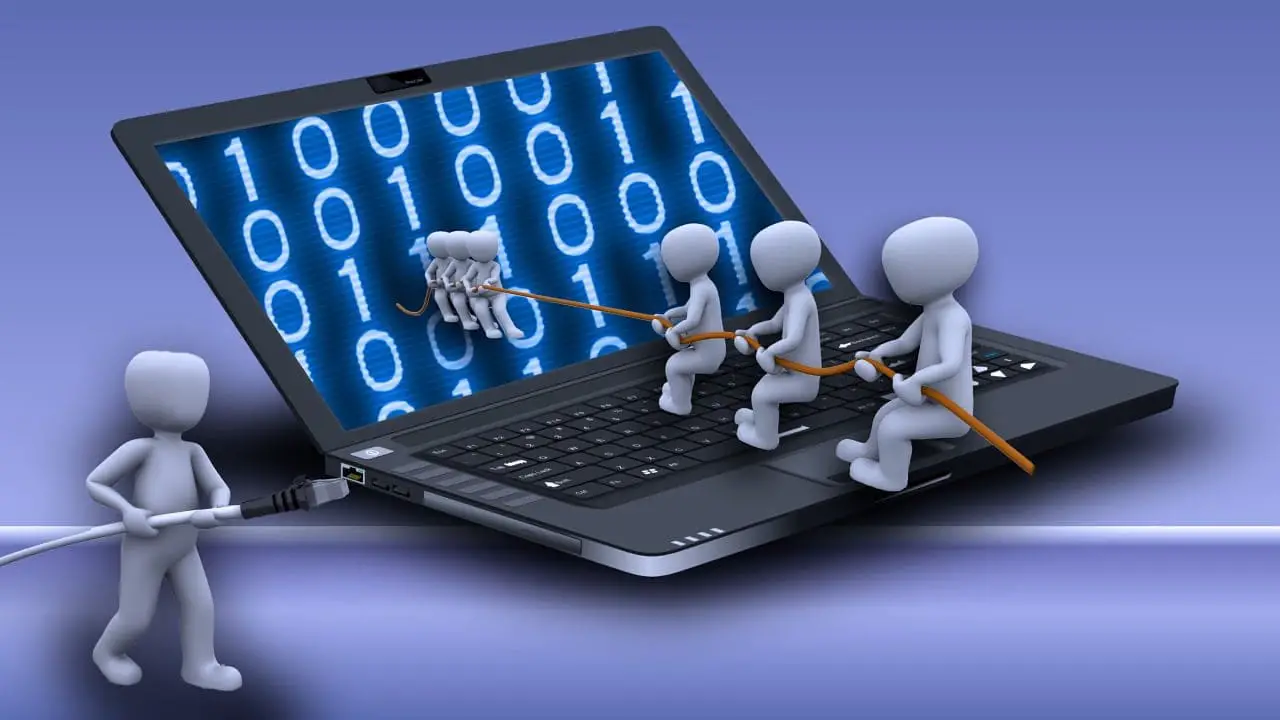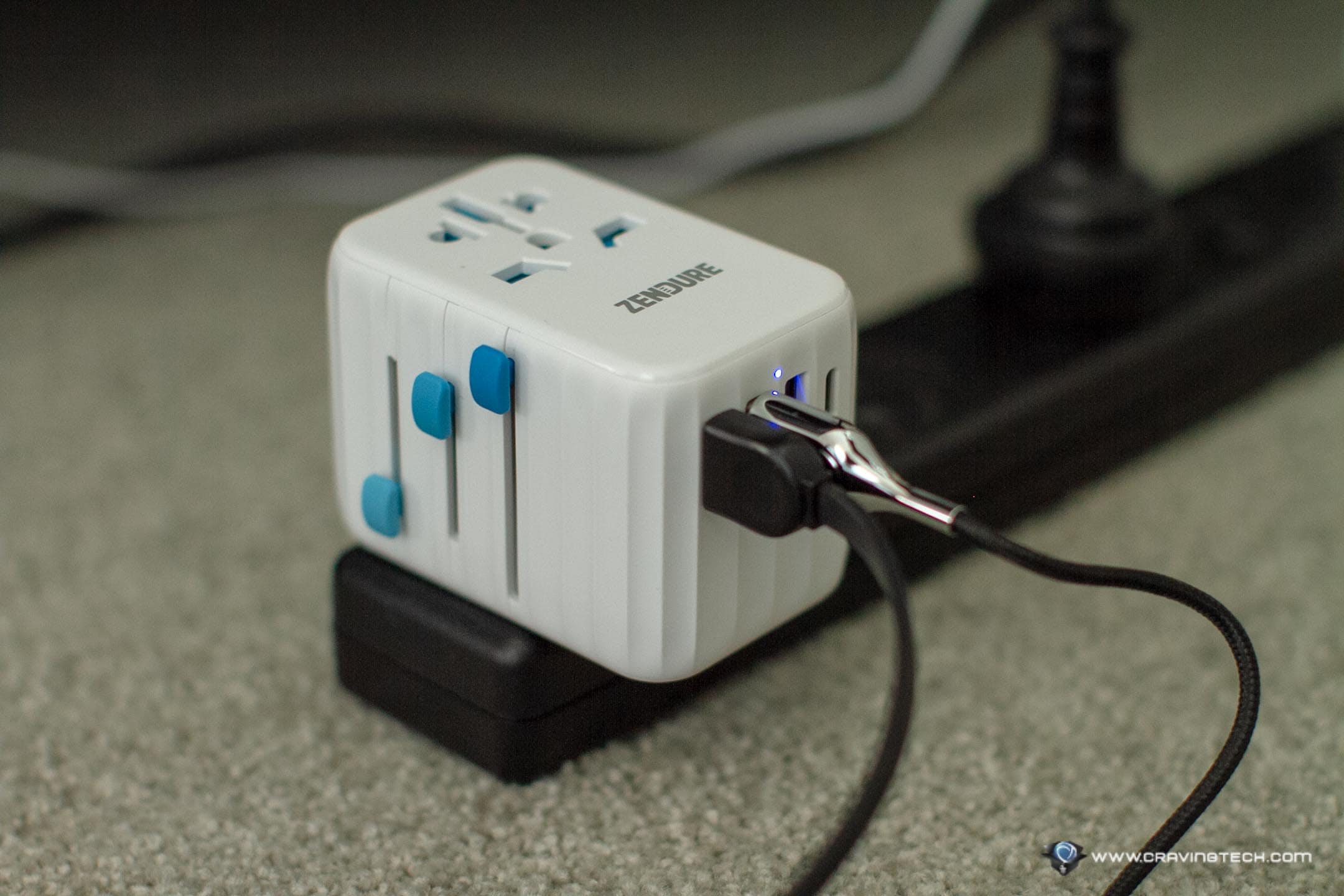 Note: This is a guest post written by Pedro Cardoso
Note: This is a guest post written by Pedro Cardoso
5 game-changing technologies that will surface before 2020 – Remember before the turn of the third millennium, when you dreamt of a sci-fi future of floating cars and artificially intelligent robots? Needless to say, technological developments didn’t quite pan out in the way most people imagined at the time. But outspread innovations certainly did surface, at ever increasing speed and rate.
Come 2011… we’re immersed in an ever expanding on-line world, we carry around in our pockets smartphones that rival the power of desktop computers from few years ago. We are very close to getting fully computerized cars that drive themselves, and home automation is a fledging field of research. So what does the future hold for us during the next decade, from a technological standpoint?
This article will present you to five up-and-coming technologies that will be instrumental to redefining the relationship between man and machine for the near future.
These innovations will either make your technological appliances much more serviceable and useful, or they’ll initiate the irreversible process through which machines will ultimately control humans. Only time will tell! For the time being though, let’s reflect on what the next game-changing technological innovations should be:
Real Electronic Paper
If you’re a techie who’s also interested in reading, there’s a good chance you already own an e-reader such as the Amazon Kindle or the Nook Touch. And while those kinds of devices are extremely useful and revolutionary in their own way, let’s face it… the whole e-Ink deal still has some evolving to do before it gets a real chance of substituting real paper. But research in this field is promising, and within the next five years some real innovations should hit the market.
And by “real” we essentially refer to a paper-like surface that works as a full-color high definition screen. Think about the possibilities! Besides allowing for the creation of e-readers with multiple pages, it would pave the way for flexible screens, wrist-band computers and electronic wallpaper. In a few years’ time, our current LCD displays may look as old-fashioned as those bulky TFT screens look nowadays.
Lithium-air Batteries
At the time of writing, there are laptop batteries available that provide as much as 20 hours of autonomy. Needless to say, we want more! Portable computing is increasingly popular these days… and for the nomads among us, electrical sockets are not always as readily available as one might. Fortunately, the first steps have already been made towards a new type of electronic battery that will at least triple the capacity available from a single charge.
The most promising developments in this department are arguably Lithium-air batteries, which should start hitting the market by 2013. Unlike conventional batteries, these would use air as the cathode reactand that activates the stored energy. In simple terms, this would allow for much increased energy density as well as much quicker recharge times; Li-Air batteries should provide a drastic increase in the overall performance, compared to the widespread lithium ion batteries – 10 times as much, according to some researchers.
Flawless Gesture/Voice Recognition

Recently, we have witnessed a slew of developments in terms of gesture recognition, especially in terms of video-games. Microsoft is currently leading the race towards flawless gesture recognition with their Kinect device, which provides for fully gesture based control system. Likewise, modern operating systems such as Windows 7 already feature functional voice recognition capabilities.
It’s no secret these technologies are still taking their first public steps, but can you imagine the potential behind such developments? Soon enough, we should have computers and smartphones that clearly understand our voice controls and gestures. This should allow for several innovations, from cars that drive themselves to house robotic systems that attend to your every whim. Can you conceive of asking your home computer to prepare coffee while you shower? It shouldn’t take long at all before that’s perfectly normal.
Hologram Technology
3-D is a hot buzz word at the time, but we all know that it’s actually a recycled technology from the past. Regardless of the fact, many believe that the research around autostereoscopic 3-D systems should eventually lead to the development of fully functional holograms. In fact, some prototypes are already available, but it should take up to a decade before they’re ready for the mass market.
The applications of hologram technology would go much beyond the realms of entertainment, of course. In the future, holograms shall be put to all kinds of uses, from medical research to augmented reality applications. For example, while shopping on-line you may soon get a chance to preview those items in holographic fashion before making a decision. Also, can you imagine how fun it could be using a fully holographic computer system?
Memristor memory
This is a new type of computer memory that should hit the markets in 2012, initially as alternative to flash drives. Memristors are cheaper to manufacture, and their increased memory density will allow for a huge jump in standard storage spaces. And that’s not even the real highlight of this innovative technology!
The greatest benefit of the Memristor is how its circuits preserve memory of electric charge, unlike common RAM memory – which is erased every time you turn off your computer. What this means is that soon enough computers will instantly boot up after you turn on the power, with no loading times whatsoever. Additionally, this can open the way for a new kind of computer that is increasingly powerful, more compact, and features almost negligible energy requirements.
Note: This guest post was written by Pedro Cardoso from the ComputerTooSlow.com. While waiting for innovations that will make your computing time easier and more pleasant, make sure to check out our website for some advice on dealing with your present day computer.








Comments are closed.